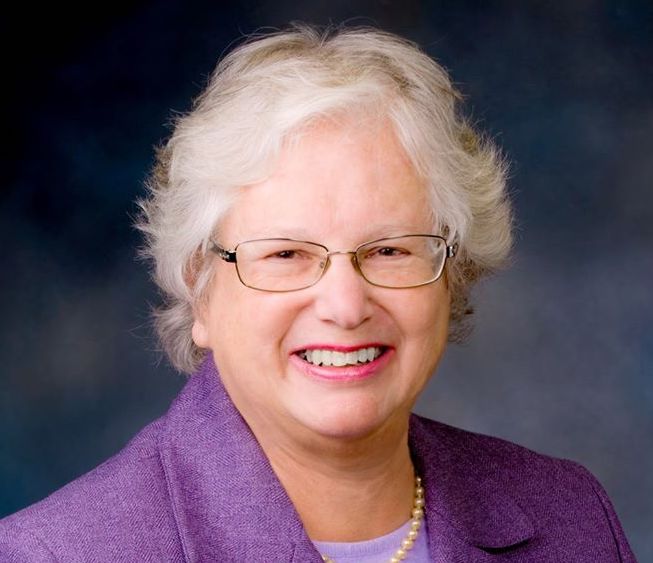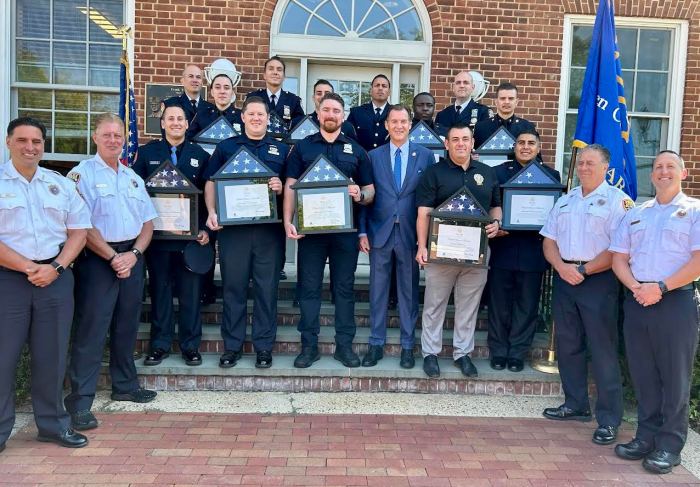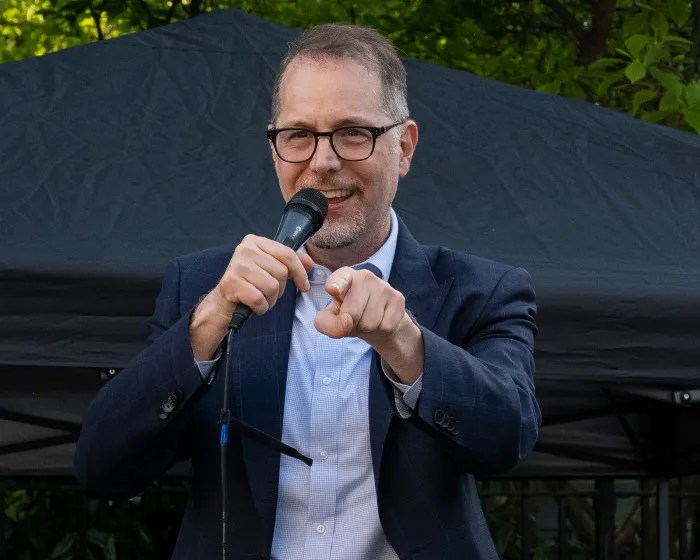Recently, a number of elected officials have lamented the city Department of Education’s decision not to withdraw the co-location plans at Martin Van Buren High School.
Unfortunately, these local elected officials are out of sync with the local community on this issue. Just prior to the mayoral election, civic leaders from nine of the largest civic associations in eastern Queens, representing thousands of families zoned for Martin Van Buren, met and voted unanimously with one abstention to support the DOE’s P-Tech co-location proposal for MVB.
A P-Tech school focuses on certain technical skills with a pathway to a tuition-free college education and a career.
Decades of failure have transformed MVB from a school having deep community roots into one where 96 percent of its student population comes from outside the local community. The thousands of families represented by these civic leaders are in distress over sending their kids to MVB. The P-Tech Co-location initiative attempts to fast-track the turnaround of MVB.
A successful school turnaround that the community would support will come only when a safe school environment with community participation is created, which is what the P-Tech co-location attempts to do.
Local parents of high school-age students are stressed out by the thought of sending their kids to MVB. Despite valiant attempts at improvement, MVB’s school environment rating is stuck at an unacceptable “D” grade. Recently installed Principal Sam Sochet, who is popular with the community, has had some success raising the school report card to a “C,” but more than a decade of decline has made that job difficult for one person.
Local parents and their children simply do not have the luxury of time for MVB to transform. The MVB brand is dead and needs to be reinvented for there to be any chance of success. This reinvention begins with P-Tech.
A school within a school will provide its graduating students with a tuition-free, two-year college education at Queensborough Community College and a pathway to a career with one of the Fortune 500 corporate partners of the program. Many local parents would be willing to take a new look at such a school without the trepidation they currently have.
Handled properly, the P-Tech co-location will attract a student body from the community that is more engaged in the educational experience. This will help change the learning environment and dynamics at MVB. Over time, this will boost the local enrollment of students as the parental perception of the school changes and the programs being initiated by Sochet take root and become more known.
I urge City Councilman Mark Weprin (D-Oakland Gardens), state Sen. Tony Avella (D-Bayside) and state Assemblyman David Weprin (D-Little Neck) to rethink their opposition and embrace the P-Tech co-location rather than seek its demise.
Join us in our support of this initiative and help return this failed school to its storied and illustrious past.
Bob Friedrich
President
Glen Oaks Village


































